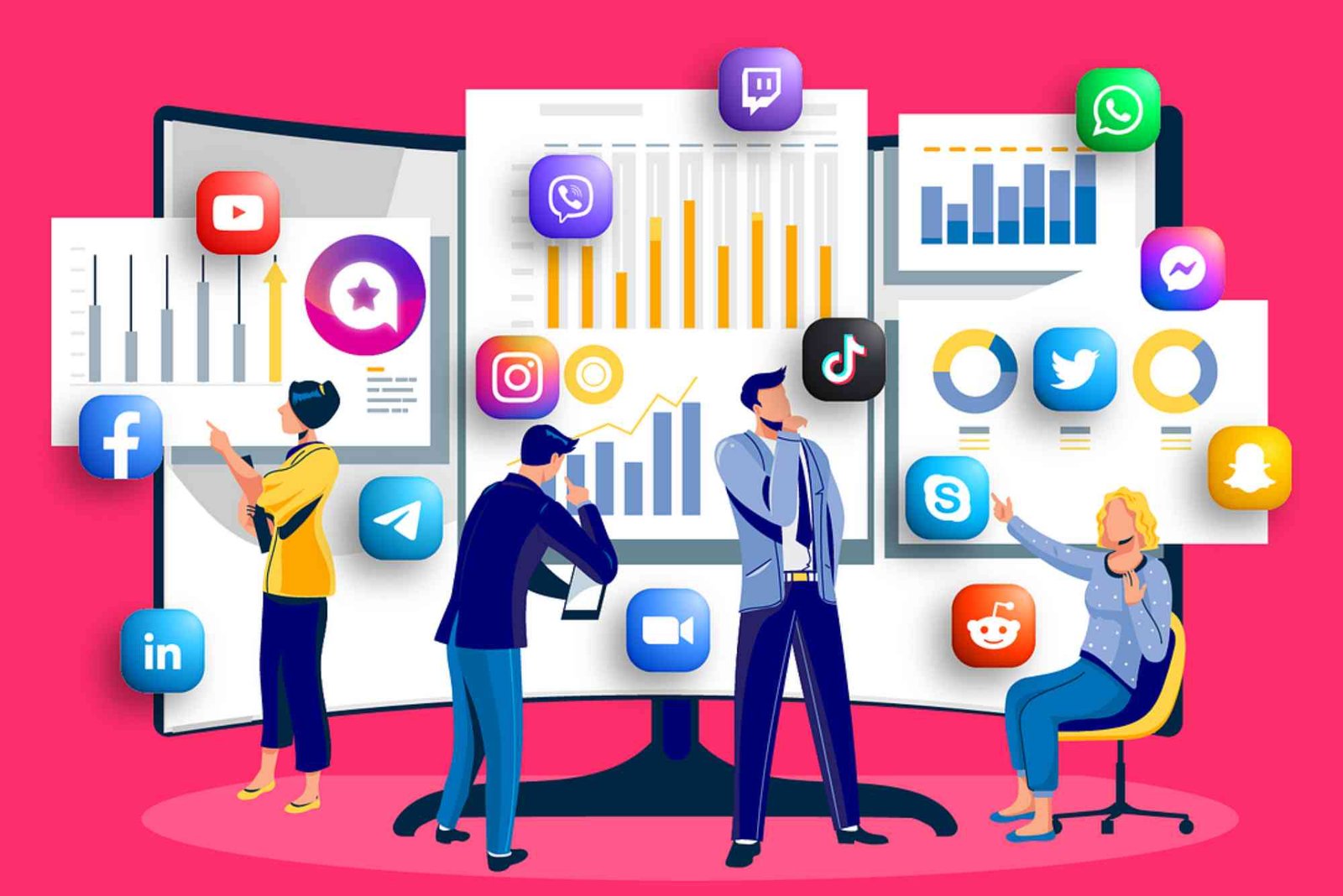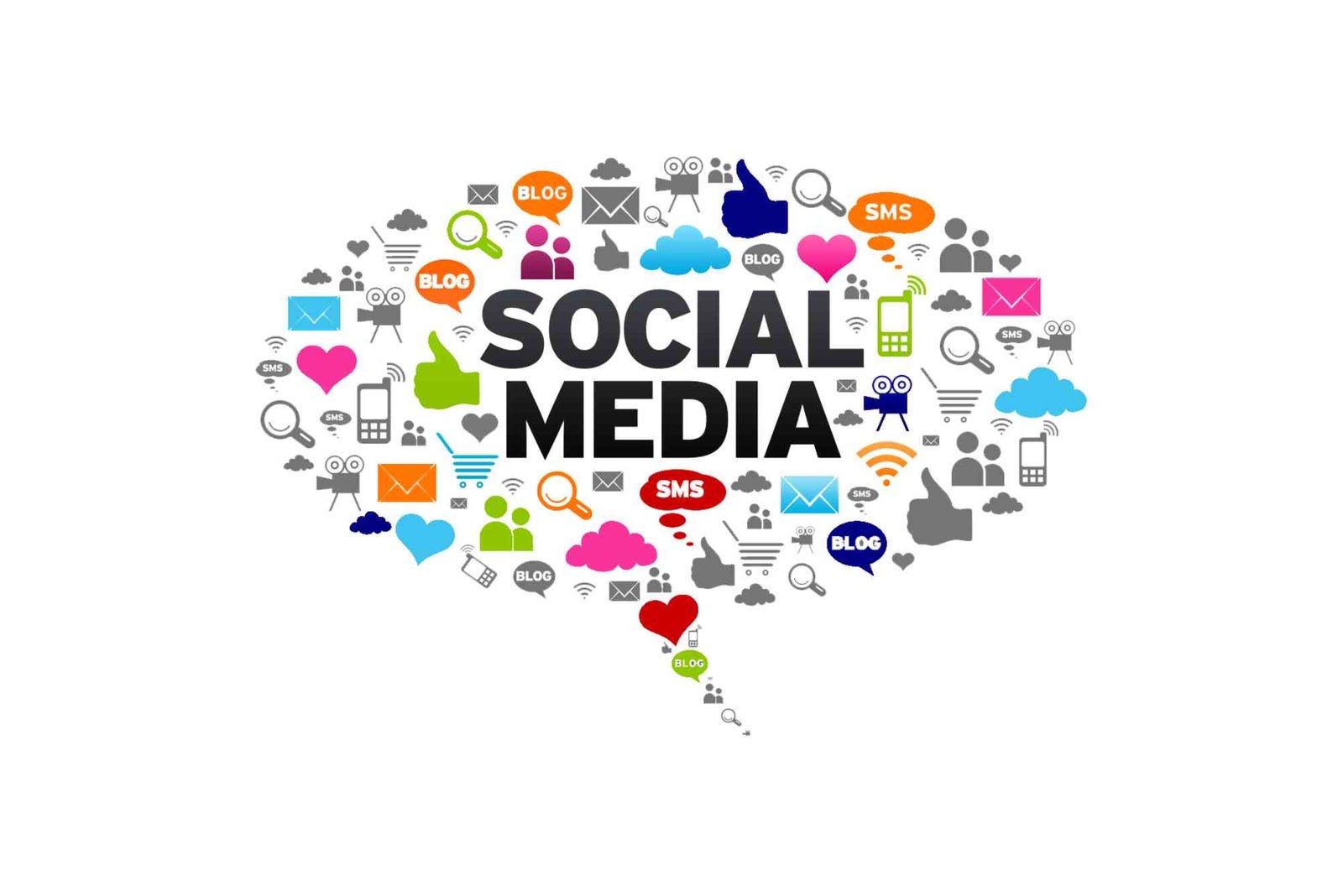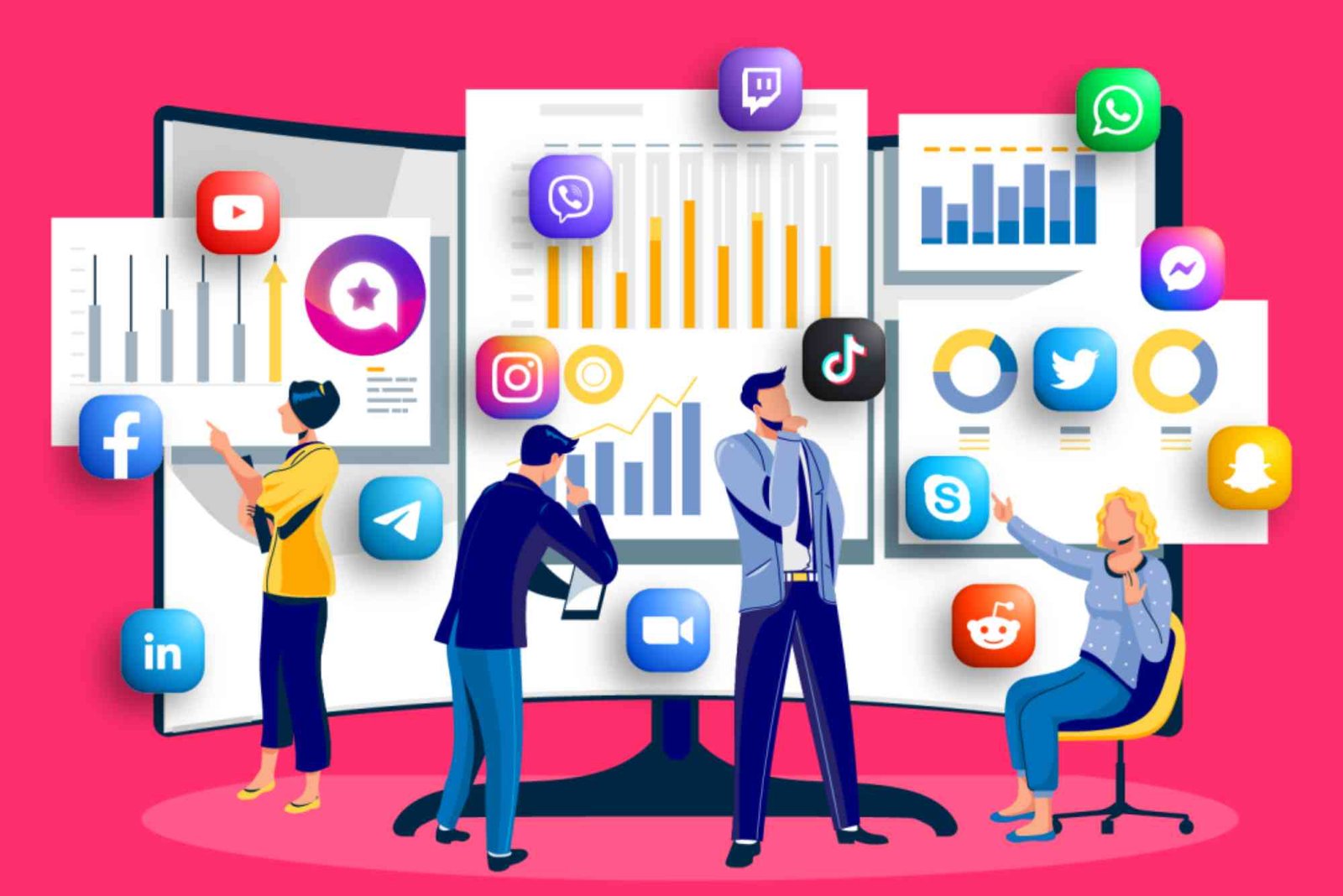Businesses frequently ask, what does social media marketing do, and why is it so powerful? In today’s digital environment, social media drives brand awareness, customer trust, and consistent business growth. From local gyms like Orange Theory Mountain View to global corporations, social platforms help brands reach new audiences, nurture loyalty, and convert followers into paying customers. Understanding what social media marketing does helps companies decide how to invest time and budget for the best return.
Understanding the Purpose of Social Media Marketing
Social media marketing helps brands build visibility, engage audiences, and influence buying decisions through strategic content and interactions. By using platforms such as Facebook, Instagram, TikTok, LinkedIn, and YouTube, companies showcase value, demonstrate expertise, and foster loyal communities. When used correctly, social media becomes a key driver of profit.
Building Brand Awareness
The first goal of social media marketing is increasing brand recognition. Content reaches new people, sparks conversations, and puts a brand in front of potential customers daily. As users repeatedly encounter posts, videos, and Stories, familiarity grows. The result is trust and top-of-mind awareness, which are essential for future conversions.
Driving Website Traffic and Leads
Another answer to what does social media marketing do lies in its ability to funnel traffic to websites. Links in bios, captions, Stories, and ads guide users to product pages, blog posts, and sign-up forms. Strong calls to action encourage clicks, while valuable content motivates visitors to stay and convert.
Strengthening Customer Relationships
Social platforms act as direct communication channels between brands and users. When customers comment, message, or mention a business, they expect a human response. Thoughtful replies turn casual followers into engaged supporters. Over time, this builds loyalty that advertising alone cannot achieve.
Supporting Sales and Conversions
Social media influences purchase decisions at every stage of the funnel. Educational content builds trust at the beginning, while testimonials and product demos help users feel confident as they approach buying. Many brands, including small businesses and fitness studios such as Orange Theory Mountain View, use targeted ads and tracking to convert warm audiences into customers.
Key Benefits of Social Media Marketing
Social media delivers results beyond likes and comments. Businesses use it because it drives measurable outcomes that support long-term growth. Understanding what social media marketing does involves looking at practical benefits.
Expanding Audience Reach
Platforms amplify content far beyond existing followers. Hashtags, trending audios, shareable posts, and targeted ads ensure the right audience sees what a brand offers. With consistent posting, reach grows steadily.
Improving Search Visibility
Strong online engagement sends positive signals to search engines. Although social media does not replace SEO, active profiles often appear in search results. Engaging content and branded conversations make it easier for customers to find a business.
Enhancing Brand Authority
Sharing insights, expertise, and valuable information positions a brand as a leader. Consumers trust businesses that educate rather than only promote. When users see proof of knowledge, they feel confident choosing the brand.
Boosting Customer Retention
Social media keeps businesses visible after someone becomes a customer. Frequent updates, community interaction, and exclusive content maintain interest. Customers feel included and appreciated, which increases retention and referrals.
How Social Media Marketing Works in Practice
Understanding what social media marketing does requires looking at how it functions behind the scenes. Effective campaigns combine strategy, creativity, data, and ongoing optimization.
Research and Audience Understanding
Marketers start by defining who the audience is and what they care about. Knowing interests, challenges, and preferences makes content relevant and engaging. Brands that speak directly to audience needs get better results.
Content Strategy and Creation
High-quality content is essential. Images, videos, Stories, and educational guides serve different purposes. Content must entertain, inform, and inspire. A balanced strategy avoids excessive promotion while highlighting value.
Posting and Scheduling
Consistency matters more than volume. Posting regularly helps audiences anticipate updates and stay engaged. Using scheduling tools keeps content flowing smoothly without manual daily uploads.
Engagement and Community Building
Marketing does not end after posting. Liking comments, answering messages, and participating in discussions creates relationships. Social media thrives on conversation, not broadcasting alone.
Tracking Performance and Optimizing
Analytics tools show what works and what needs adjustment. Metrics like reach, engagement, clicks, and conversions guide decisions. Over time, strategies shift based on real results, not assumptions.
Examples of What Social Media Marketing Does for Businesses
Every industry benefits differently, but the core impact remains consistent. A fitness studio like Orange Theory Mountain View may showcase before-and-after stories, class highlights, and motivational posts to inspire sign-ups. A tech company might share industry insights and case studies to build authority. A restaurant could post menu teasers, chef features, and guest experiences to attract diners. In every case, social media marketing builds connections that lead to revenue.
Frequently Asked Questions
Why is social media marketing important?
Social media marketing is important because it allows brands to reach customers where they spend time daily, build trust, and influence buying decisions. It drives awareness, engagement, and conversions more efficiently than many traditional marketing channels.
How does social media marketing increase sales?
Social media increases sales by generating interest, nurturing relationships, and directing users to purchase pages or sign-up forms. Content prompts curiosity, while ads and retargeting convert warm leads into paying customers.
What platforms are best for social media marketing?
The best platforms depend on audience behavior and business goals. Instagram and TikTok perform well for visual brands, Facebook excels at community building, LinkedIn supports B2B growth, and YouTube drives long-form education and trust.
How long does it take to see results?
Results vary but usually appear within three to six months with consistent posting and engagement. Some brands experience quicker success with targeted ads and strong content strategies.
Can small businesses benefit from social media marketing?
Yes, small businesses gain visibility, local engagement, and affordable promotion opportunities. Many thrive without large budgets by focusing on community and authentic communication.
Internal Resources
To explore similar insights, visit the link anchored by the focus keyword What Does Social Media Marketing Do? and For further reading, see the Related Marketing & Advertising article.
Understanding what social media marketing does empowers businesses to use it strategically. From growing awareness to boosting conversions, it is a cost-effective tool for long-term success. Brands that commit to consistent content, authentic engagement, and data-guided optimization see increased revenue, stronger loyalty, and lasting visibility. To transform digital presence and achieve measurable growth, Learn more consider building a tailored social strategy and testing content that resonates with target audiences. Act now and begin strengthening your online brand through purposeful social media marketing.











